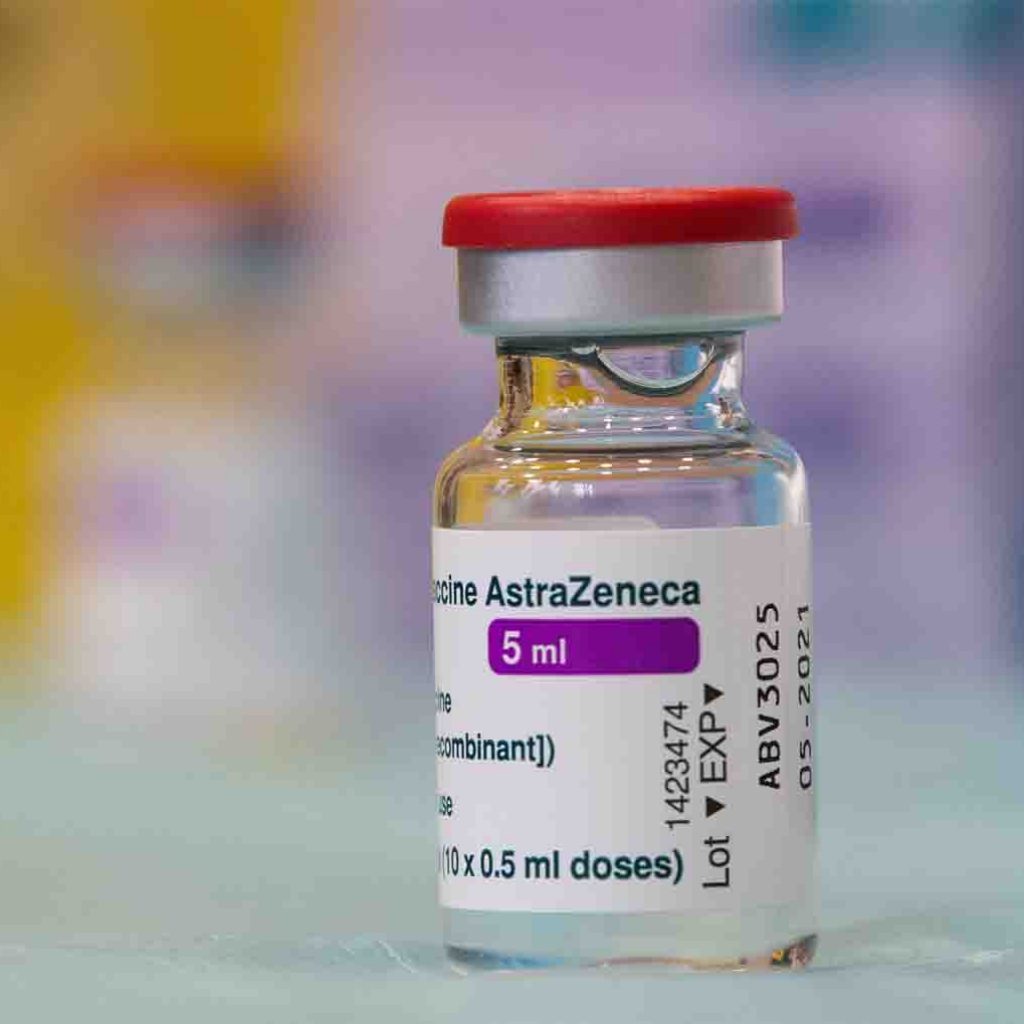US FDA’s CRDA committee votes against approval of AstraZeneca’s roxadustat to treat anaemia in chronic kidney disease

AstraZeneca announced that the Food and Drug Administration’s (FDA) Cardiovascular and Renal Drugs Advisory Committee (CRDAC) has voted 13 to 1 that the benefit-risk profile of roxadustat does not support approval for the treatment of anaemia in chronic kidney disease (CKD) in non-dialysis dependent (NDD) adult patients, and 12 to 2 that the benefit-risk profile of roxadustat does not support approval for the treatment of anaemia in CKD in dialysis-dependent (DD) adult patients.
The FDA will consider the vote, independent opinions and recommendations from experts as it reviews the new drug application (NDA) and is not bound by the Committee’s recommendation.
The safety and efficacy of roxadustat, an oral hypoxia-inducible factor prolyl hydroxylase (HIF-PH) inhibitor, have been demonstrated in the phase III programme including more than 8,000 patients and published in five peer-reviewed journal articles.
Mene Pangalos, executive vice president, BioPharmaceuticals R&D, said: “New solutions are needed for the six million people in the US affected by anaemia of chronic kidney disease. Although we are disappointed by today’s outcome, we will continue to work closely with our partner FibroGen and the FDA to determine the path forward for roxadustat.”
Earlier this year, the FDA confirmed it would convene a meeting of the CRDAC to review the NDA for roxadustat and requested further clarifying analyses of clinical data to support the assessment. The FDA has not announced when it will make its final decision for the roxadustat NDA.
The CRDAC provides the FDA with independent, expert advice and reviews and evaluates available data concerning the safety and efficacy of marketed and potential new medicines for use in the treatment of cardiovascular (CV) and renal disorders.
Roxadustat is approved in a number of countries, including China, Japan, Chile and South Korea for the treatment of anaemia in CKD in NDD and DD adult patients. It is under regulatory review in other jurisdictions, including in the European Union, where it has recently received a positive CHMP opinion.
Anaemia can be a serious medical condition in which patients have insufficient RBCs and low levels of haemoglobin, a protein in RBCs that carries oxygen to cells throughout the body.1 Anaemia of CKD frequently causes significant fatigue, cognitive dysfunction and decreased quality of life, and is associated with increased risk of hospitalisation, CV complications and death.
The phase III programme included more than 8,000 patients and was conducted by AstraZeneca, FibroGen and Astellas Pharma Inc. (Astellas). The OLYMPUS, ALPS and ANDES trials evaluated roxadustat compared to placebo in NDD-CKD patients. ROCKIES, SIERRAS and HIMALAYAS evaluated roxadustat compared to epoetin alfa in DD-CKD and incident dialysis (ID) patients. HIMALAYAS evaluated roxadustat compared to epoetin alfa in ID patients; ROCKIES and SIERRAS included ID and prevalent dialysis patients.
Roxadustat, an oral medicine, could be the first in a new class of treatments called oral HIF-PH inhibitors that promotes erythropoiesis, or RBC production, through increased endogenous production of erythropoietin, improved iron absorption and mobilisation, and reduction of hepcidin. Roxadustat is also in clinical development for anaemia associated with MDS and for chemotherapy-induced anaemia.










